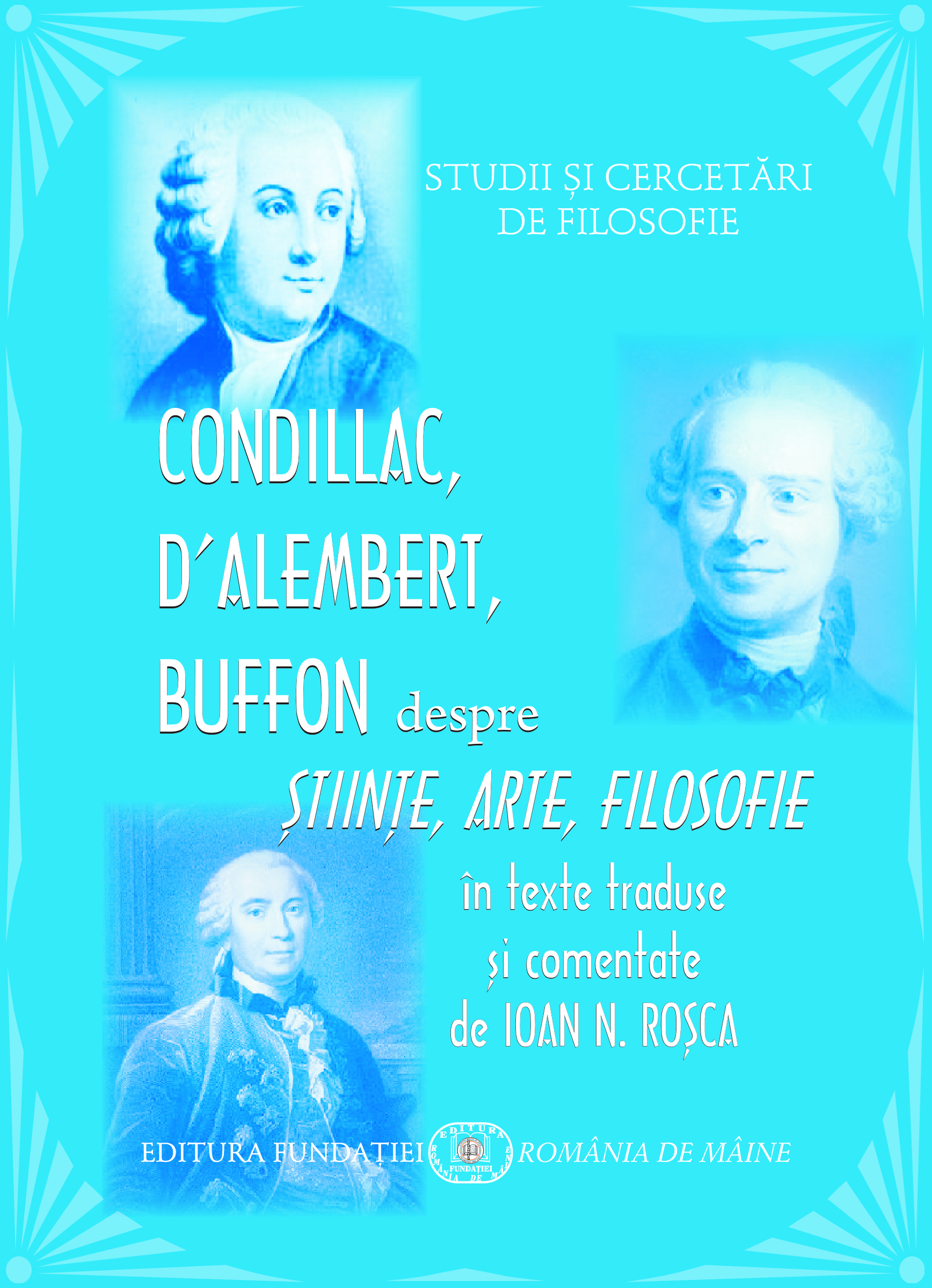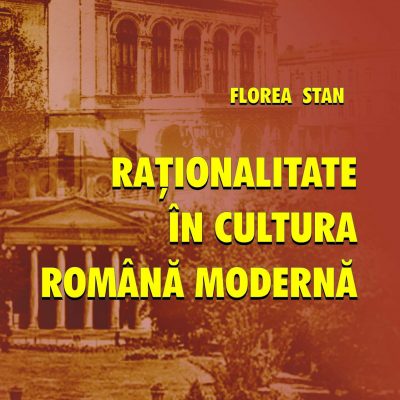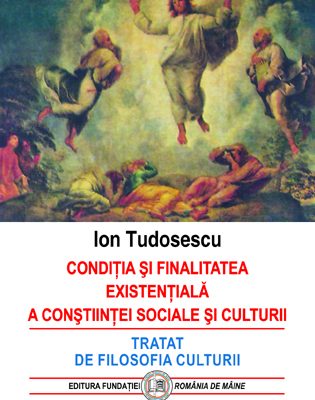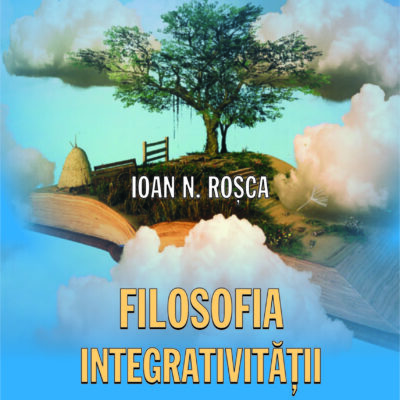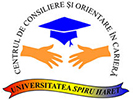Descriere
An apariție: 2015
Autori: CONDILLAC, D’ALEMBERT, BUFFON
ISBN: 978-973-163-901-7
Nr. pagini: 252
Din opera celor trei mari gânditori autorul a selectat scrieri care se referă la ştiinţe, arte, filosofie şi, mai ales, pentru că toate abordează temele amintite din perspectiva unui luminism sui generis, care, la marii gânditori, afirmă atât luminile raţiunii în conjuncţie cu observarea nemijlocită, empirică a realităţii, cât şi importanţa sentimentelor, a logicii inimii, ireductibilă la logica minţii.
Unitare prin laitmotivele lor tematice şi prin spiritul modern al elaborării, cele trei scrieri reunite în volumul de faţă se constituie în repere majore ale timpului lor, dar şi ale dezbaterilor de azi privind raportul dintre modernitate şi postmodernitate în ştiinţă, artă, filosofie. Pe lângă interferenţa lor ideatică privind unitatea şi autonomia formelor culturii, fiecare dintre cele trei concepţii oferă multe alte idei viabile sau motive de reflecţie actuală, fie despre limbajul formelor culturii, fie despre genealogia şi evoluţia acestora, fie despre stilul oricărei opere culturale.
***
From the work of the three great thinkers prof. Ioan N. Roșca selected writings about sciences, arts, philosophy, and, especially, because they all approach the mentioned themes from the perspective of a sui generis enlightenment, which, to the great thinkers, affirms both the lights of reason in conjunction with direct, empirical observation of reality, as well as the importance of feelings, of heart’s logic, different from the mind’s logic.
The thematic leitmotifs and the modern spirit of elaboration characterize these three writings reunited in this volume, which are major landmarks of their time, but also of today’s debates about the relationship between modernity and postmodernity in science, art, philosophy. In addition to their ideational interference regarding the unity and autonomy of cultural forms, each of the three concepts offers many other viable ideas or reasons for current reflection, either on the cultural forms’ language, or on their genealogy and evolution, or on the style of any cultural work.

